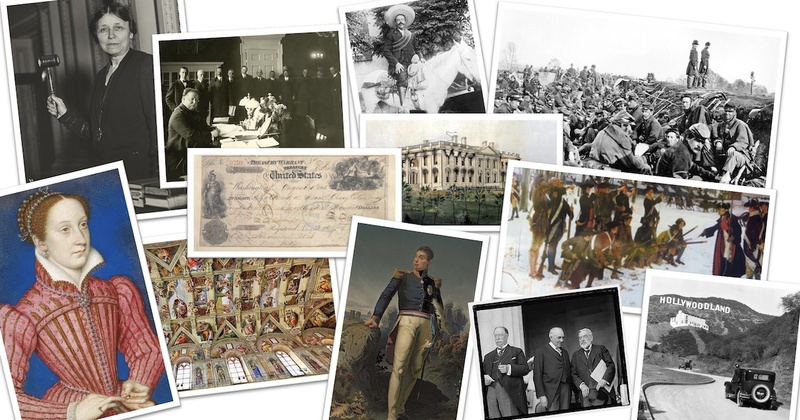Putting research to work to attract more visitors
The Wallace Foundation funded various initiatives to improve the performance (i.e., attract more people) to selected arts organizations.
A few observations on focus groups:
- Proceed with caution. Focus groups always generate results and because this is “research,” these results may be assumed to be a meaningful basis for action.
- Looking at the before and after examples of the collateral and some of the other insights, the new direction and other improvements are just common sense, though apparently not common enough. In some insular organizations, focus groups end up being a way to force the organization to engage with people outside of their staff and existing constituency. It is a mistake to spend tens of thousands of dollars, regardless of the source, to get the folks at the organization out and engaged with the public. That shortcoming is a failure of leadership, and if this is the problem, the results of the focus group will be fleeting.
- We should all be skeptical of self-reported behavior and intentions, especially when it comes to things that include widely understand societal norms (e.g., you’re supposed to be interested in the arts, you’re supposed to be interested in learning, you’re supposed to get off the couch and get out of the house). Max von Balgooy, author of Engaging Places and the heads of a consulting practice that works with historic houses and other sites across the country explained his experience this way: “I continually encounter the disconnect between what people say they want to do and what they actually do. With my clients, I use the ‘quit smoking’ analogy to help them to understand that asking those types of questions isn’t very useful.”
Note that most of these are also applicable to survey research.
Experiments where you can test two approaches and compare the results would be interesting. In other words, let’s not focus on what people say they will do, but rather on what they actually do. The web is the best place to do this, with A/B testing for campaigns and landing pages, but we could figure out several other tests that would produce more generalizable results than the ones I read in the report.
Is there a foundation interested in underwriting research at historic sites and in historic institutions?











